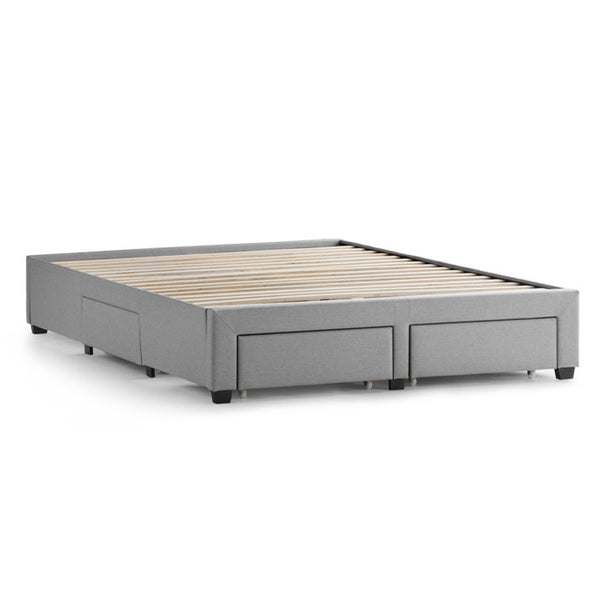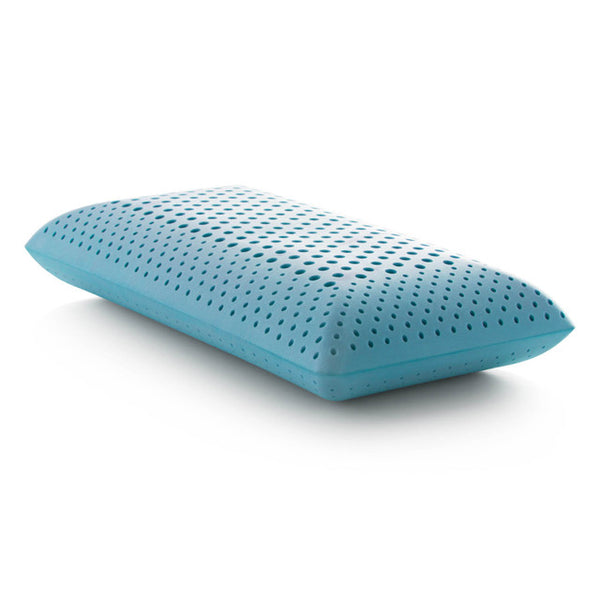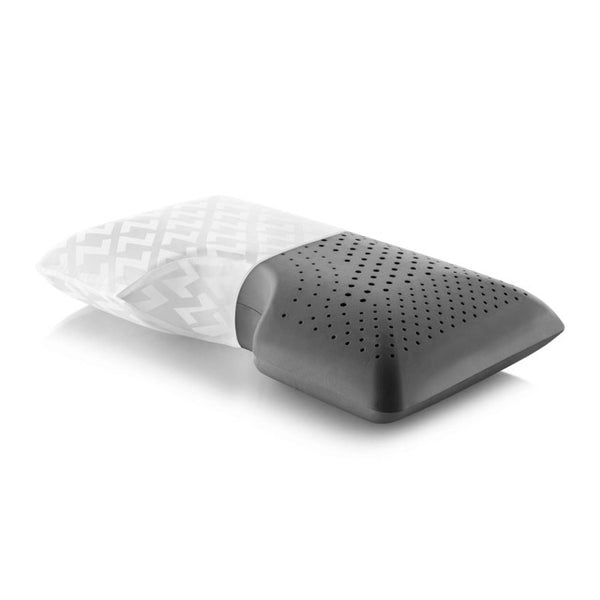
In our fast-paced world, being productive often feels like an elusive goal. We chase after elusive time-saving tactics, optimizing our schedules, and cramming more tasks into our day. Yet, what if the key to unlocking a more productive life lies not in our daily habits, but in the hours we spend asleep? It's time to explore the compelling connection between sleep and productivity.
Understanding the Importance of Sleep
Sleep is often undervalued in today's society. Many view it as a limited resource that can be sacrificed for work or other commitments. However, scientific research consistently shows sleep is essential for overall health and well-being. During sleep, our bodies undertake crucial restorative processes that prepare us for the next day.
The Science of Sleep
While sleeping, several physiological processes take place. Our body repairs and builds tissue, strengthens the immune system, and is crucial for learning and memory. This is facilitated mainly by REM (Rapid Eye Movement) and non-REM sleep cycles, each serving different restorative functions.
The Average Sleep Needs by Age
- Newborns (0–3 months): 14-17 hours
- Infants (4–11 months): 12-15 hours
- Toddlers (1–2 years): 11-14 hours
- Preschoolers (3–5 years): 10-13 hours
- School-age children (6–13 years): 9-11 hours
- Teenagers (14–17 years): 8-10 hours
- Adults (18+ years): 7-9 hours
Insufficient sleep can lead to a range of problems, from decreased cognitive performance to mood swings and even chronic health issues. Prioritizing sleep could ultimately lead to a more productive, fulfilling life.
How Sleep Affects Your Productivity
Understanding the connection between sleep and productivity can help you tap into your full potential. Insufficient sleep can have a myriad of negative effects on your work performance and overall productivity.
Cognitive Functioning and Memory
One of the most significant effects of sleep deprivation is on cognitive functioning. The brain consolidates information during sleep, allowing you to recall and utilize what you’ve learned when you’re awake. Lack of sleep can impair your ability to think critically, problem-solve, and make sound decisions.
The Role of Mood
Sleep also plays a major role in regulating mood. People who get adequate sleep tend to be more positive and motivated, while those who are sleep-deprived often experience increased irritability and lower enthusiasm for their work. This diminished mood can directly influence productivity levels.
Physical Health and Energy Levels
Quality sleep contributes to better physical health by allowing your body time to recover and rejuvenate. When you’re well-rested, you have higher energy levels, which translates to better stamina and focus throughout the day. Conversely, lack of sleep can lead to fatigue, making even simple tasks feel daunting.
The Sleep-Productivity Cycle
Improving your sleep can create a positive feedback cycle that enhances productivity. Let's take a deeper look into this cycle:
How Better Sleep Leads to Better Productivity
- Increased Focus: Quality sleep enhances your attention span, allowing you to focus on tasks without unnecessary distractions.
- Enhanced Creativity: The brain's ability to form connections and generate new ideas is heightened during sleep, contributing to overall creativity.
- Faster Learning: When you're well-rested, you're better equipped to acquire and retain new information.
- Improved Decision-Making: A well-rested mind can analyze situations better and make more informed decisions.
How Productive Days Improve Sleep
Conversely, being productive can lead to better sleep through:
- Reduced Stress: Completing tasks and meeting deadlines can alleviate worry, promoting a restful night’s sleep.
- Time Management: Effective time management during the day can free up more time for relaxation, making it easier to unwind before bed.
- Healthy Routines: When you implement a productive daily routine, it often leads to healthier habits, including consistent sleep schedules.
Strategies for Improving Sleep Quality
If sleep is pivotal for productivity, how can one improve their sleep quality? Here are effective strategies you can implement:
Create a Sleep Schedule
Go to bed and wake up at the same time every day—even on weekends. This consistency reinforces your body's natural sleep-wake cycle, making it easier to fall asleep and wake up feeling refreshed.
Optimize Your Sleep Environment
Your bedroom should be a sanctuary for sleep. Consider the following:
- Maintain a comfortable temperature.
- Invest in dark curtains or a sleep mask to block out light.
- Minimize noise—consider earplugs or white noise machines if needed.
- Keep your bedroom clutter-free for a more peaceful sleeping environment.
Establish a Relaxation Routine
Develop a pre-sleep ritual to signal your body that it’s time to wind down. Some suggestions include:
- Reading a book
- Practicing guided meditation
- Taking a warm bath
- Listening to calming music
Watch Your Intake of Stimulants
Avoid consuming caffeine or nicotine in the hours leading up to bedtime, as these stimulants can interfere with your ability to fall asleep.
Limit Screen Time Before Bed
The blue light emitted by phones, tablets, and computers can disrupt your sleep. Aim to unplug at least an hour before bed, allowing your brain to disconnect and prepare for rest.
The Ripple Effect of Improved Sleep
Prioritizing sleep doesn’t just benefit your work life; it influences every aspect of your existence. Enhanced productivity can lead to more accomplishments in your professional life, more quality time with loved ones, and an overall improved mood.
Long-Term Benefits of Productivity-Driven Sleep
- Increased Job Satisfaction: Achieving more at work naturally leads to higher job satisfaction and motivation.
- Stronger Relationships: Quality interactions with family and friends become possible when you’re well-rested.
- Enhanced Problem-Solving Skills: Being well-rested sharpens your ability to navigate challenges that arise.
- Improved Self-Perception: Successfully managing your productivity leads to a more positive self-image.
Your Steps Towards a More Productive Tomorrow
Sleep and productivity are undeniably linked, and understanding this connection is crucial to achieving your full potential. By prioritizing restorative sleep, you can foster creativity, enhance cognitive abilities, and embrace a more fulfilling life. Implementing the strategies discussed can set you on the path toward improved productivity and satisfaction.
Take charge of your sleep today, and watch as your productivity skyrockets! Your brighter, more efficient future begins with a good night's rest!
Embark on a journey through the Shopify store of another user. Click here to visit their store. Please note that this is a promotional link, and we do not guarantee the content of the linked store.









